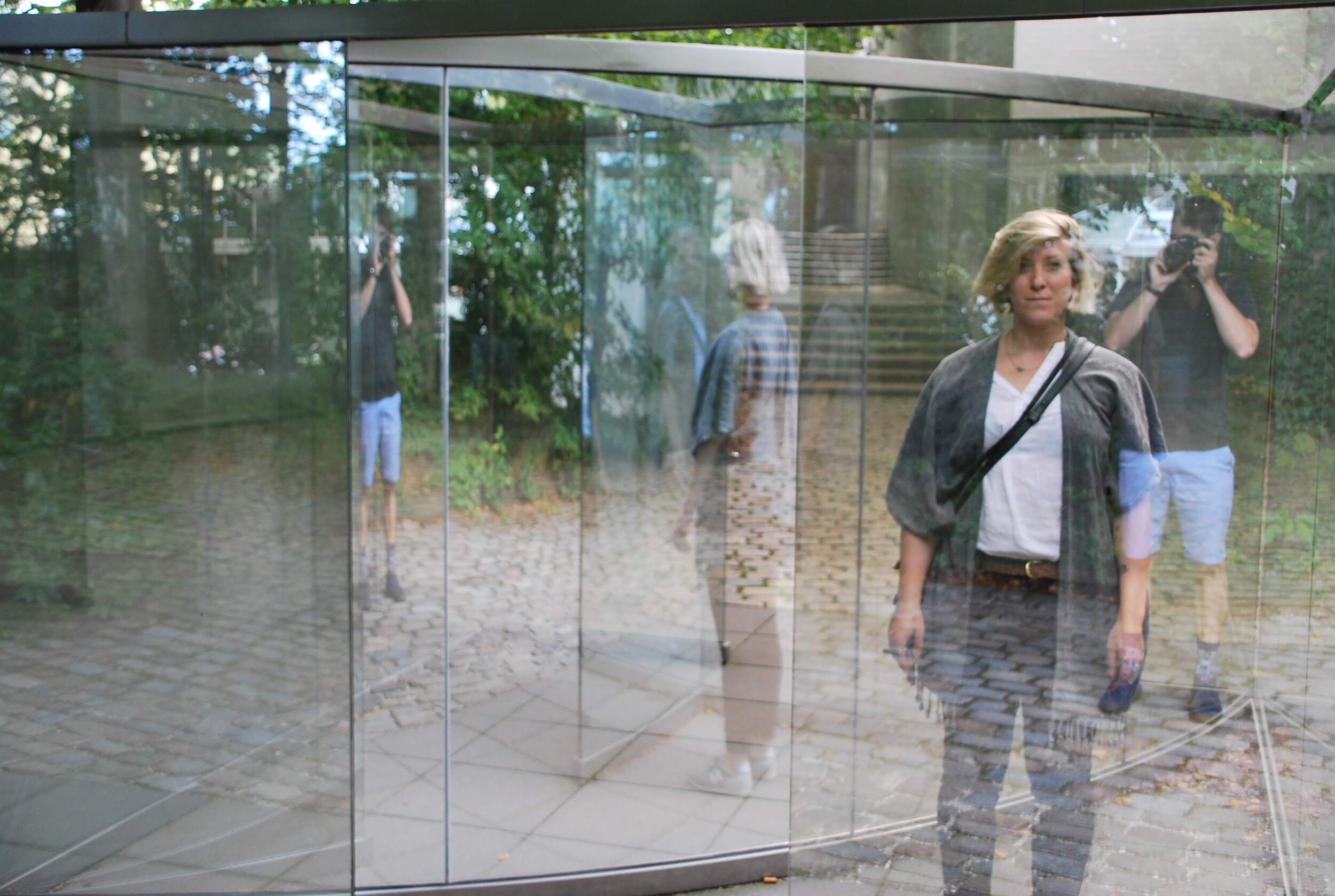This past Tuesday was my 38th birthday. In light of the pandemic and the inability to have any kind of social gathering, I spent my birthday looking inward.
This year, worked a lot on deep-seated issues from my childhood; exploring how relationships with my family continue to impact my mental health; diving into how I continue to limit myself because of coping mechanisms that I used to survive when I was younger. It’s been a liberating and illuminating year in many ways, despite also being a very hard year in many others.
So having to spend my birthday without a celebration with friends, I decided to take some time to reflect and release some things from my childhood.
What was your first memory?
It doesn’t come up that often, but often enough that I dread this question. What was your first memory? Often people mention something like the lights of a Christmas tree, or putting their feet in water, or a cherished toy. My first memory was not a heart-warming one.
I was probably about 3-4. My mom, dad, brother, and I were in the kitchen of the trailer we lived in, and my parents were fighting. Loudly. At some point, my father completely lost his temper; he took a pot of hot chilli off the stove, and dumped it on my mom’s head. THANKFULLY, it must not have been too hot, because she wasn’t severely scalded, but did break down crying. I stood up on my chair, about 2 and a half feet tall, and yelled with my whole tiny heart, “Don’t you hurt my mommy!”. My dad, frothing at the mouth, got right up in my face and yelled something like “YOU SIT DOWN”. But I didn’t. I stood there, meeting his eyes, tiny fits clenched, challenging him.
I don’t remember what happened next, but I do remember that my mom left the house and went for a walk. To comfort her, I went in my room and coloured a page in my colouring book, ripped it out, and then chased her up the road on her walk to bring her my gift.
Noone in my family talked about this afterwards. Noone apologised to me (or my brother). Noone told me that it wasn’t my responsibility to to stop my dad from acting violently, or to take care of my mother afterwards. Noone addressed the incident at all.
This experience was one of the most dramatic traumas in my life, but it was not the last. The lesson that I learned in this experience was that it was my job to stand up to bullies, and that it was also my job to protect everyone’s feelings but my own, always. It’s when I learned that I would be the parent, and my parents would not be. This was one of the defining moments of my life.
I’ve gone back to Mission (where I grew up) a few times this year, to revisit part of my childhood, to try to let go and to heal. And on my birthday, I drove out to my first home. The property on Monte Vista street.
It turns out that the street itself hasn’t changed that much. It’s still a rural cul-de-sac on a hill. And while I’m sure the actual property itself has changed a lot, the driveway has not. So I parked my car at the end of the road, and took a few moments for myself.
I did some smoke cleansing. And I talked to the little girl that was me. I told her that she was released from her duties to protect me or to protect anyone. I told her that she was was safe now. I told her that it wasn’t her fault and that it was ok to let go. I thanked her for her bravery, and I let her go. I did some tapping and an energy clearing exercise. And then I pressed a small piece of fern and cedar from the property’s edge into a notebook as a token, and drove away. I drove down the hill, past my first elementary school, my preschool, and another house where we lived. I went for a walk in a park. And then I went home. And I felt lighter.
One thing that I learned this year was to thank and forgive my younger self for doing what she had to do to survive. It’s hard to change behaviour by sheer will, and it’s easy to shit on yourself for coping mechanisms that are no longer healthy. But if you grew up with trauma, in an unhealthy environment, you probably developed some habits to keep yourself safe that no longer serve you in the outside world when safety has finally been reached.
So why am I sharing this?
Trauma is not a competition
I’ve thought of this incident many times. And often when I do, my follow up thoughts go like this:
But I’m fine now.
Nothing really happened TO ME that day.
So many people have had much worse childhoods, and this incident was actually not a big deal.
I’m pretty much over that; I’ve been to therapy, so I don’t think that it affects me anymore.
I had to learn to allow myself to feel my feelings, and I had to learn to thank myself for doing what I had to do to be safe. I also had to learn that just because you can talk about something doesn’t mean it’s not affecting you anymore.
I’m sharing because I know that there are other people out there should-ing themselves to death. I should be over this. I should be fine. And I would like to tell you that you don’t have to do that to yourself. Maybe something happened a long time ago, or maybe other people have told you that what you experienced wasn’t that bad. If it’s still impacting you today, it WAS that bad, and it’s ok for you to give yourself the compassion and grace you need to try to heal.
Talk therapy is great, but you might need more
I’d also like to say that at least for me, talk therapy only took me so far, and once I started doing somatic therapy and EFT, a whoooooole new set of revelations and feelings and deeply buried grief came up to the surface. Your body stores emotions, and if you let it, it can start to help you heal in new ways that you never thought possible.
My birthday reflection was also important for me because ceremony can be healing. It doesn’t have to be a big thing, and it doesn’t have to follow any prescribed set of steps. Ceremony can take you to a place that talking about something does not. I highly recommend.
Humour can be great until it’s not
I’d also like to say that humour can be a great coping mechanism… but at some point it can also act as a wall that prevents you from further healing. While at the time, laughing about these things was a way to just get by and distance myself from them, at some point, I had to get past the dark humour and allow myself to feel the horrible instead of laughing at it. I remember Hannah Gadsby addressing this in Nanette actually. I had always thought that I would be a great comedian, because I noticed that most of them had FUCKED UP EMOTIONAL ISSUES. And then Hannah Gadsby said this: "I have built a career out of self-deprecating humour and I don’t want to do that anymore. Do you understand what self-deprecation means when it come from somebody who already exists in the margins? It’s not humility, it's humiliation. I put myself down in order to speak, in order to seek permission to speak, and I simply will not do that anymore, not to myself or anybody who identifies with me. If that means that my comedy career is over, then, so be it." And I thought, “Oh fuck”. I feel shame around having a shitty abusive family, and I feel shame around having come from poverty. And humour can be good, but it can also be bad. It’s important to remember that, and notice the difference.
So this is the beginning of 38. The beginning of sharing more real things. Sharing more insecurity. And sharing more healing. If you’re healing too, I hope that this helped. <3

